Games to Enhance Cognitive Skills and Memory
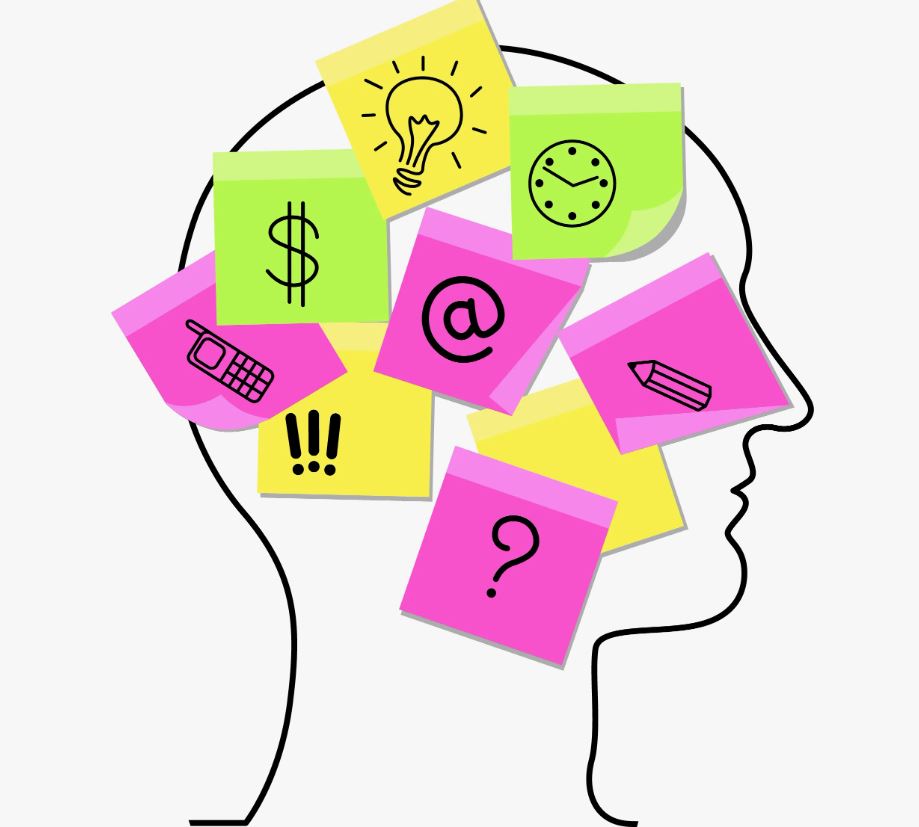
Memory games are not mere time-wasters; they are vital tools for enhancing cognitive function and improving memory. Whether in the form of digital applications or traditional games such as Go, these exercises can significantly enhance mental acuity.

Digital Memory Games
In the field of cognitive enhancement, digital memory training games have been identified as essential tools for enhancing brain function. Research indicates that regular use of memory training applications can lead to improvements in memory, attention, and problem-solving abilities.
- Lumosity: This platform offers more than 40 brain games that are designed to improve cognitive abilities. According to a landmark study, participants who trained with the Lumosity games for 10 weeks showed improvement in their cognitive performance and brain plasticity as measured by assessments.
- CogniFit: This app offers personalized brain training that adapts to your performance. Clinical studies have shown that using CogniFit for 20 minutes three times a week can significantly improve memory and focus.
- Elevate: Focused on reading, writing, and math skills, Elevate was named Apple’s App of the Year. Users have reported better concentration and more precise calculation skills after regular use.
These apps not only target memory, but also a range of cognitive functions, providing a comprehensive brain training program. Regular engagement can lead to significant improvements in daily cognitive performance.
Traditional Games That Boost Memory
Traditional games such as crosswords, Sudoku, and chess not only provide entertainment, but also serve as effective tools for enhancing cognitive skills, particularly memory and strategic thinking.
- Crosswords: Engaging with crossword puzzles challenges the brain to recall vocabulary and general knowledge, improving verbal memory. Regularly solving crossword puzzles has been associated with a delayed onset of memory decline in individuals, by 2.54 years, compared to those who do not participate in such brain-stimulating activities.
- Sudoku: This number puzzle helps to improve logical thinking and concentration. Players need to remember complex patterns and sequences in order to solve the puzzle, which helps to exercise their short-term memory and problem-solving skills.
- Chess: A game known as the “game of kings,” chess requires a high level of strategic thinking and memory utilization. Players must memorize the positions and possible moves of 16 chess pieces, which significantly enhances spatial memory and planning abilities. Research has shown that children who play chess improve their IQ scores and visual memory capacity.
These games stimulate the brain’s capacity for processing, storing, and retrieving information, making them effective tools for improving memory. Whether played for leisure or as a competitive activity, traditional games provide significant cognitive benefits that can help protect and enhance brain health over time.
The Role of Go (Baduk, Weiqi) in Memory Improvement
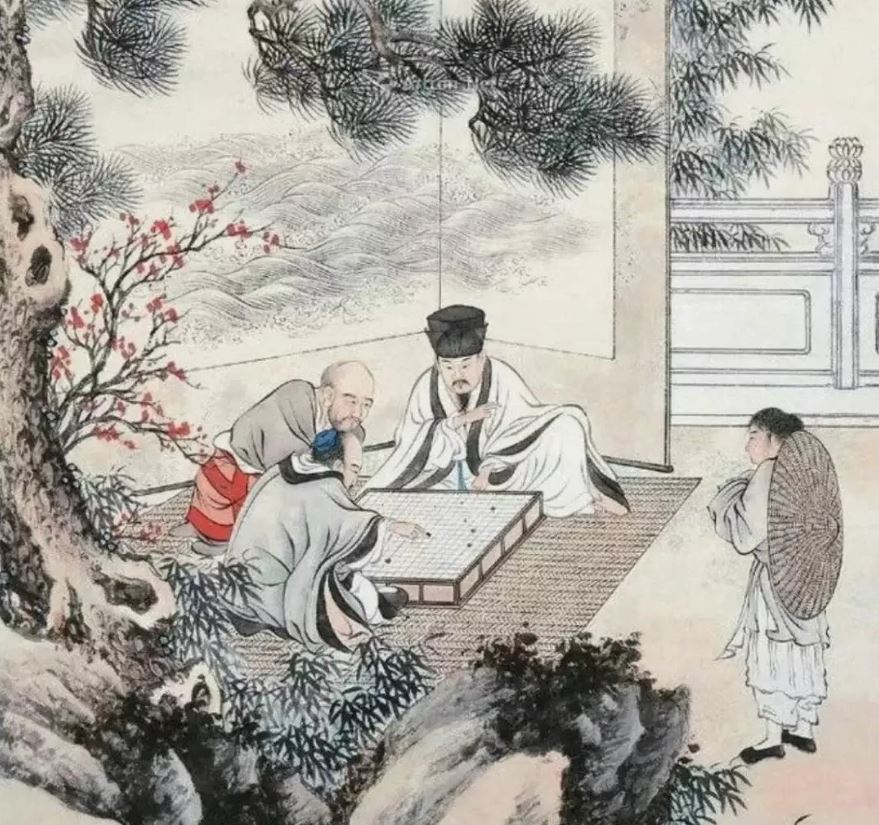
Playing Go, also known as Baduk in Korea and Weiqi in China, is not just a pastime. It is a profound exercise that enhances cognitive abilities and promotes mental fitness. With its complex strategy and deep tactical gameplay, Go has been recognized as a superb tool for improving memory, concentration, and problem-solving skills.
- Concentration and Focus: In a typical game of Go, players must pay close attention to the movement and position of stones on a grid of 19×19 lines, requiring intense focus. This constant attention to detail can help improve a player’s ability to concentrate for long periods of time, an essential skill in today’s fast-paced and multitasking world..
- Strategic Planning and Forecasting: Strategic thinking is a fundamental part of Go. Players need to think several moves ahead and consider various possible outcomes. This practice not only enhances one’s ability to create strategies but also helps develop the ability to anticipate and plan for future situations..
- Problem-Solving Abilities: Each move in the game of Go can create numerous potential conflicts or opportunities on the board. Choosing the optimal course of action requires complex problem-solving abilities, which can improve a player’s analytical thinking and decision-making skills in real-world situations.
- Memory Enhancement: Memorization of common patterns and sequences, also known as josekis, is an essential component of advanced Go play. This type of memory training aids in enhancing short-term and spatial memory, which are crucial factors for brain health.
Unique Aspects of Go:
- Use of Territory: The main objective in Go is to utilize stones to establish territories. The skill of assessing and securing territory efficiently requires spatial reasoning and strategic planning, both of which are mentally demanding tasks.
- Balance Between Attack and Defense: Players need to maintain a balance between defending their own territory and attacking their opponent’s, which requires constant adjustment and recalculation, enhancing cognitive flexibility..
For those interested in exploring the game of Go or seeking to improve their skills, GoMagic offers a range of resources:
- Learn the basic to advanced rules of Go here.
- Challenge your problem-solving skills with diverse Go problems here.
- Enhance your play through video courses with interactive elements suited for players at all levels here.
Regular engagement with the game has been shown to lead to significant improvements in cognitive function, particularly in areas related to mental agility and memory. This makes Go a valuable component of cognitive training programs..
Card Games for Memory Training
Card games are not only sources of entertainment, but also powerful tools for improving cognitive functions, specifically memory and strategic thinking. Games such as Bridge and Memory Match provide excellent opportunities to challenge the mind through complex strategies and the need for recall.
- Bridge: This card game requires players to remember the cards played, strategize with partners, and predict opponents’ hands. Studies indicate that regularly playing bridge can enhance short-term memory and critical thinking skills.
- Memory Match: Often referred to simply as Memory, this game involves turning over pairs of cards to find matches based on memory. It is particularly effective in improving visual and spatial memory.
Benefits of Playing Card Games:
- Enhanced Recall: Frequent practice with these games helps improve both short-term and long-term memory.
- Strategic Thinking: Players learn to develop strategies based on the game’s progress, enhancing problem-solving skills.
- Mental Agility: Fast-paced card games help increase mental reflexes and agility, useful in everyday decision making.
By incorporating these games into your daily routine, you can not only enjoy leisurely entertainment but also engage in valuable mental exercise that promotes improved cognitive function. Whether played casually with friends or in a more competitive manner, the cognitive benefits of playing card games have been well documented and are significant.
Interactive Board Games
Interactive board games like Risk and Clue are not merely for entertainment. They serve as effective tools for enhancing memory and cognitive abilities. By involving multiple players in strategic decision-making and memory recall activities, these games stimulate the brain in various ways:
- Risk is a strategy board game that requires players to manage armies and territories while navigating a complex web of diplomatic and conflictual relationships. To succeed in the game, players must remember the positions and strategies of their opponents and adapt their own strategies accordingly. This constant need to adjust one’s approach based on new information challenges players’ working memory and requires them to think strategically
- Clue: This mystery game demands players keep track of numerous details including characters, locations, and potential weapons used in the game’s scenario. Successfully solving the mystery hinges on a player’s ability to recall these details accurately, enhancing both memory and deductive reasoning.
The main advantages of interactive board games are:
- Improved memory recall: Regular play of these games enhances the ability to retain and retrieve complex information sets.
- Cognitive flexibility: Adapting strategies in response to other players’ actions enhances cognitive agility.
- Social interaction: Interacting with others in the game setting promotes social skills and emotional intelligence, which are essential for mental well-being.
In summary, board games like Risk and Clue are not just fun and entertaining, they also play a significant role in enhancing cognitive abilities and memory. They’re a valuable addition to anyone’s mental fitness routine.
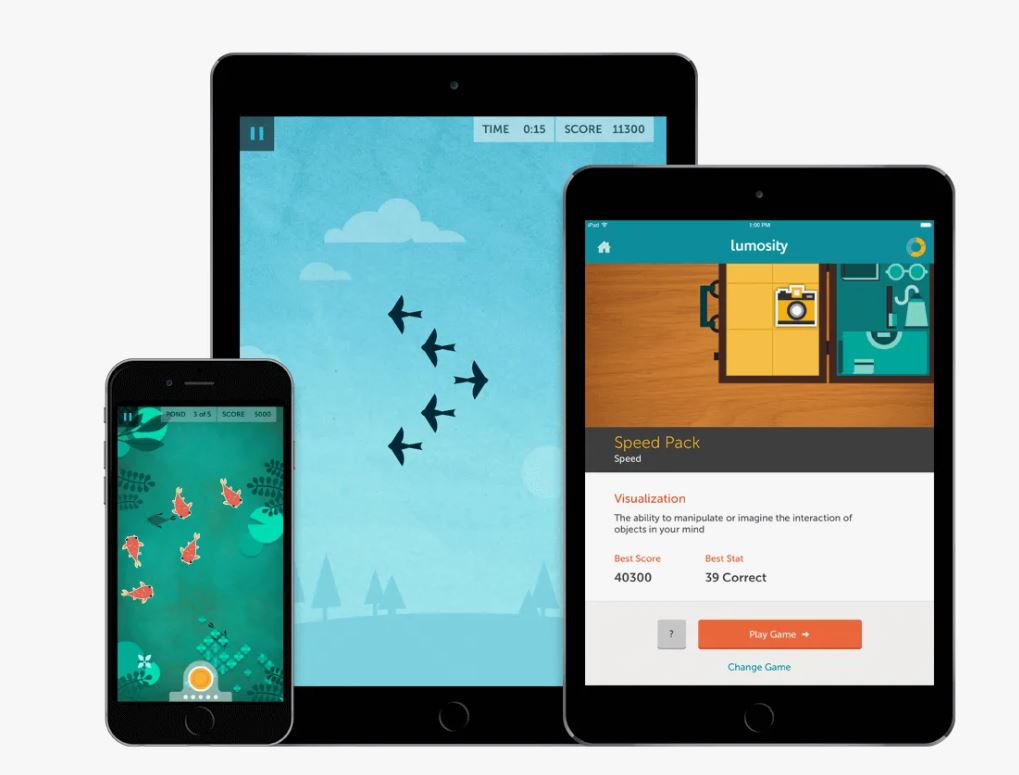
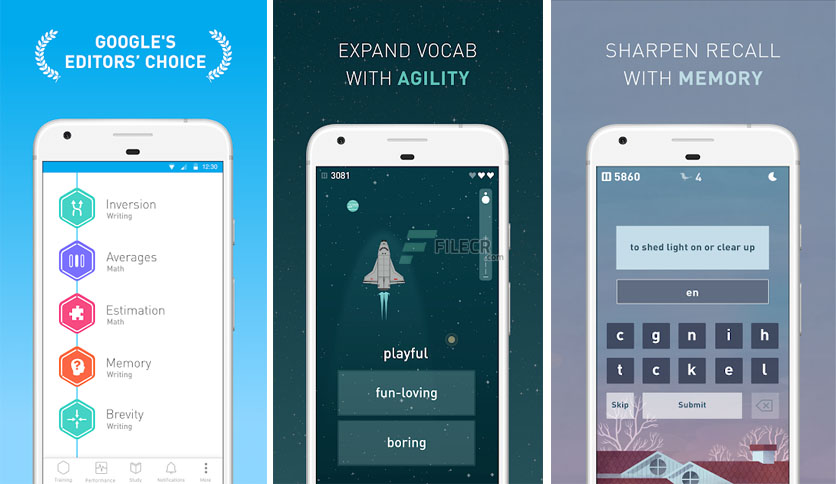
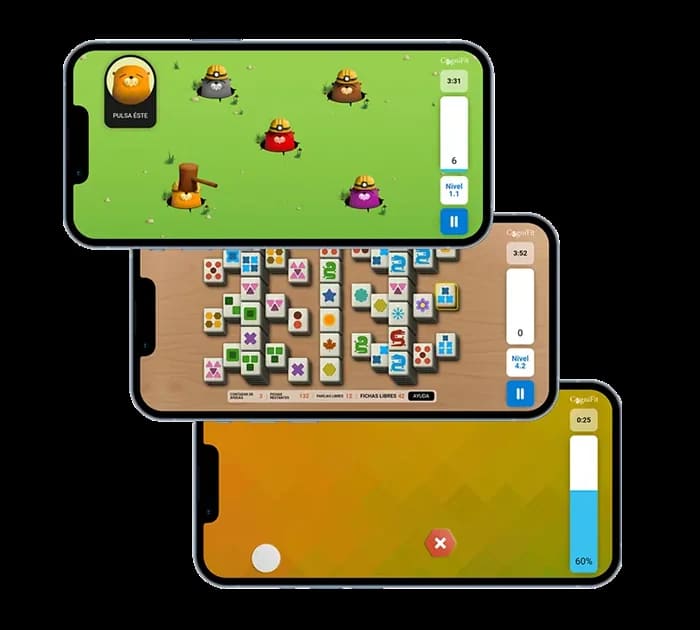
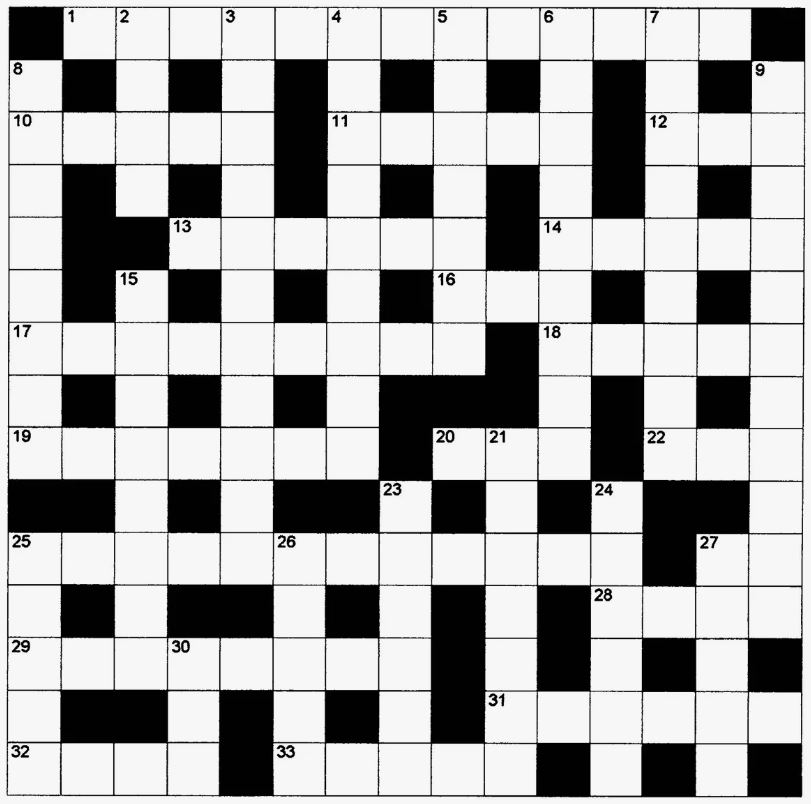

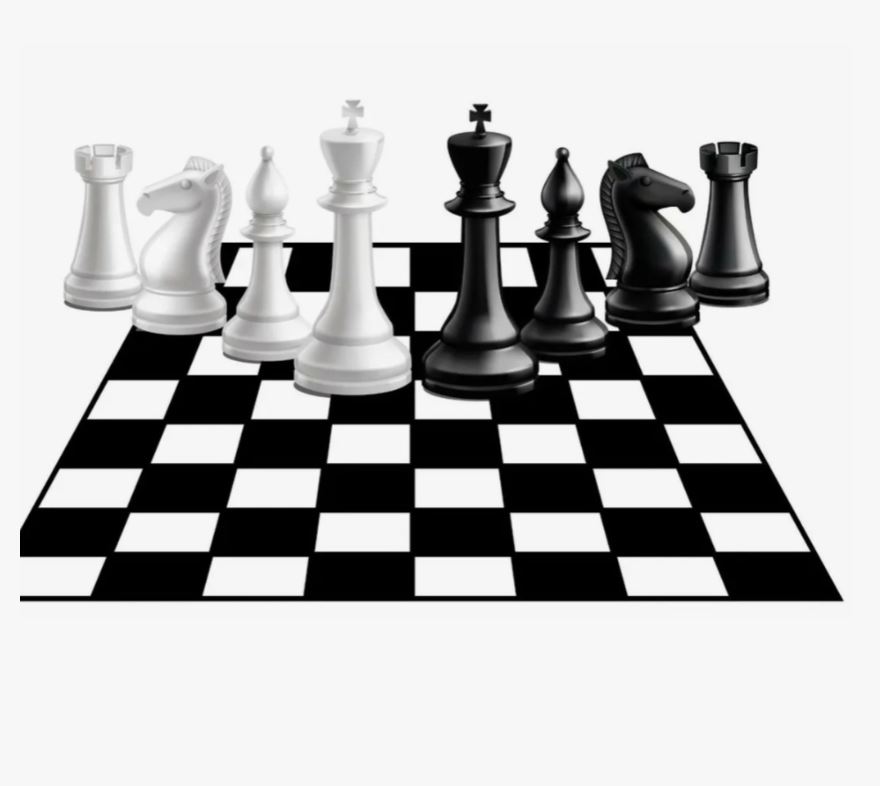

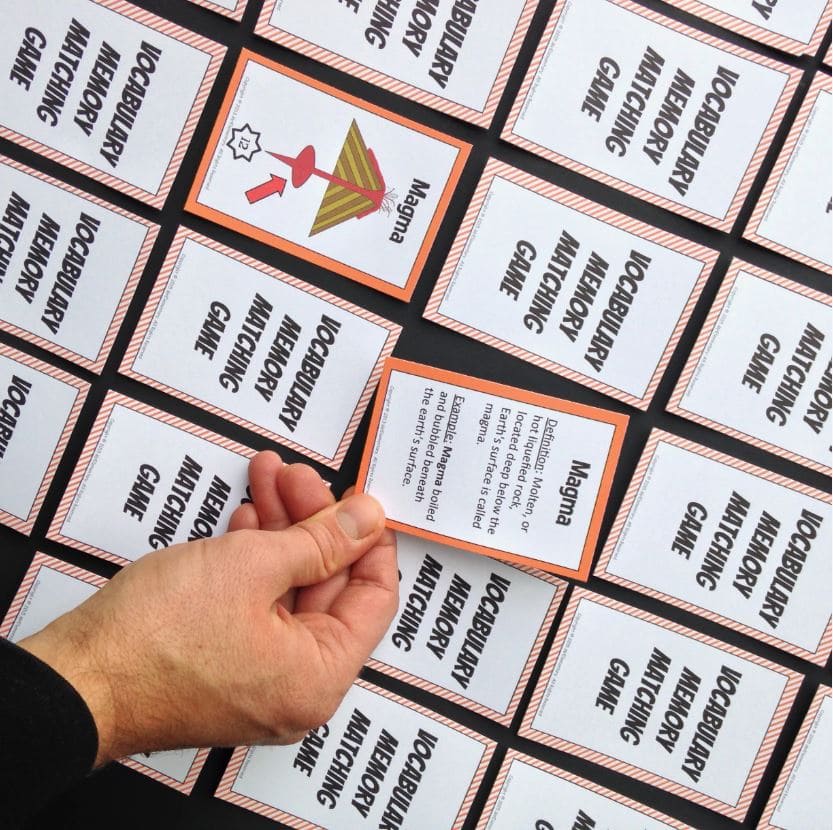

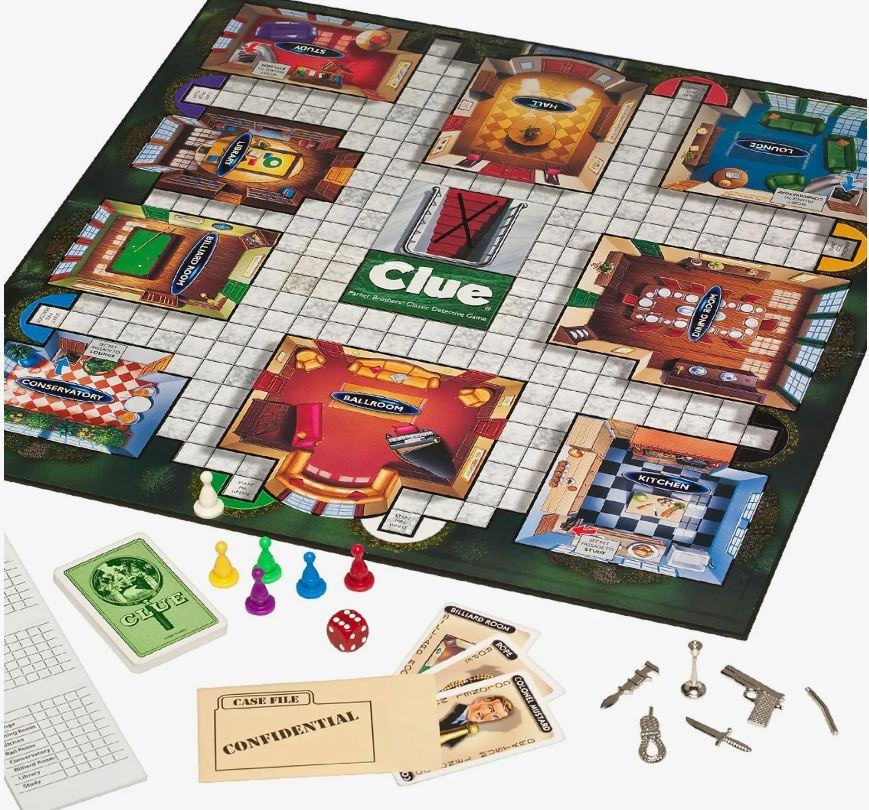
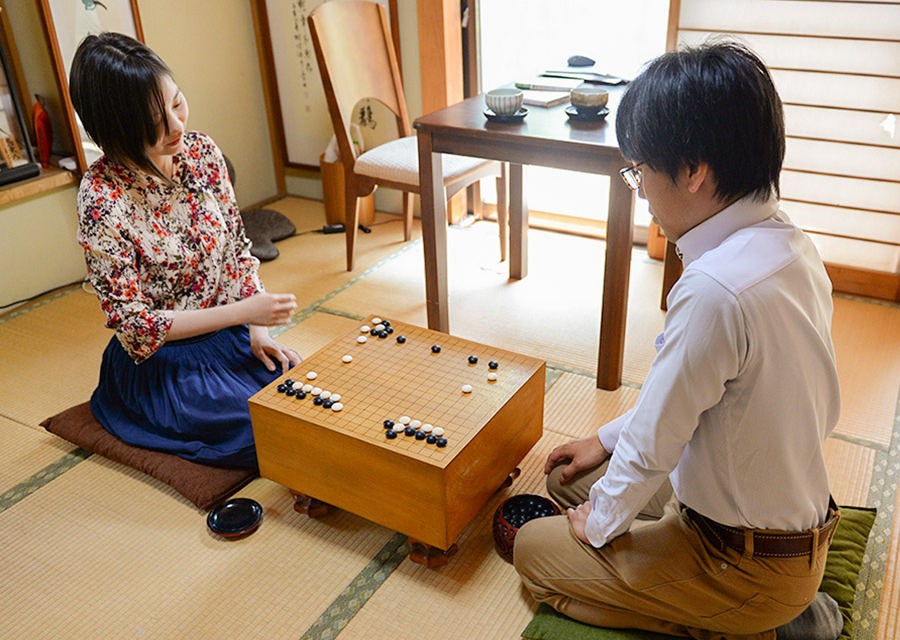

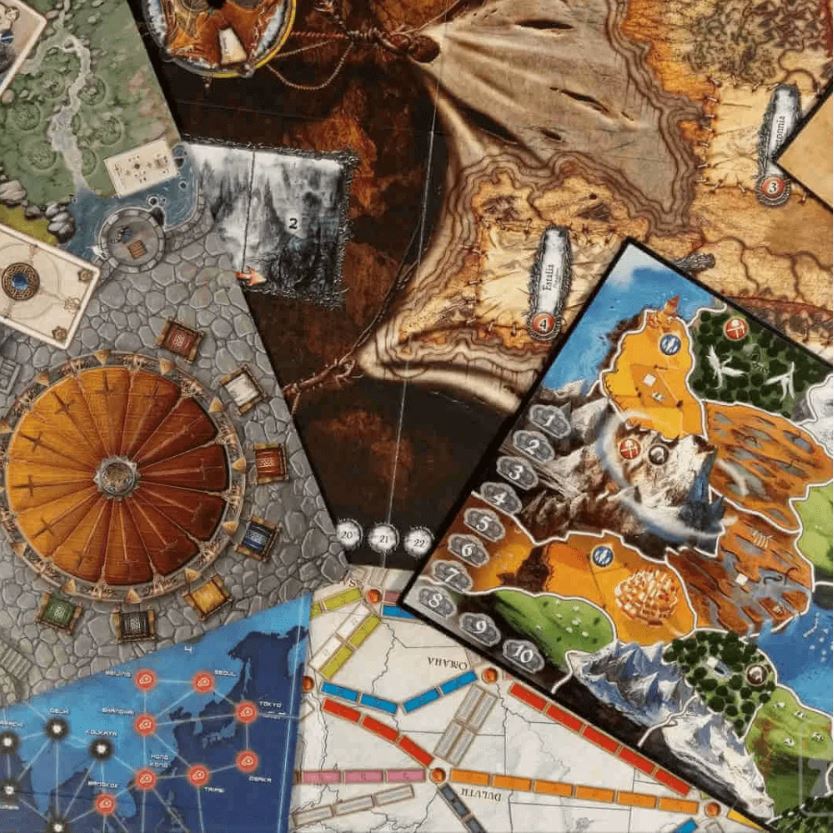
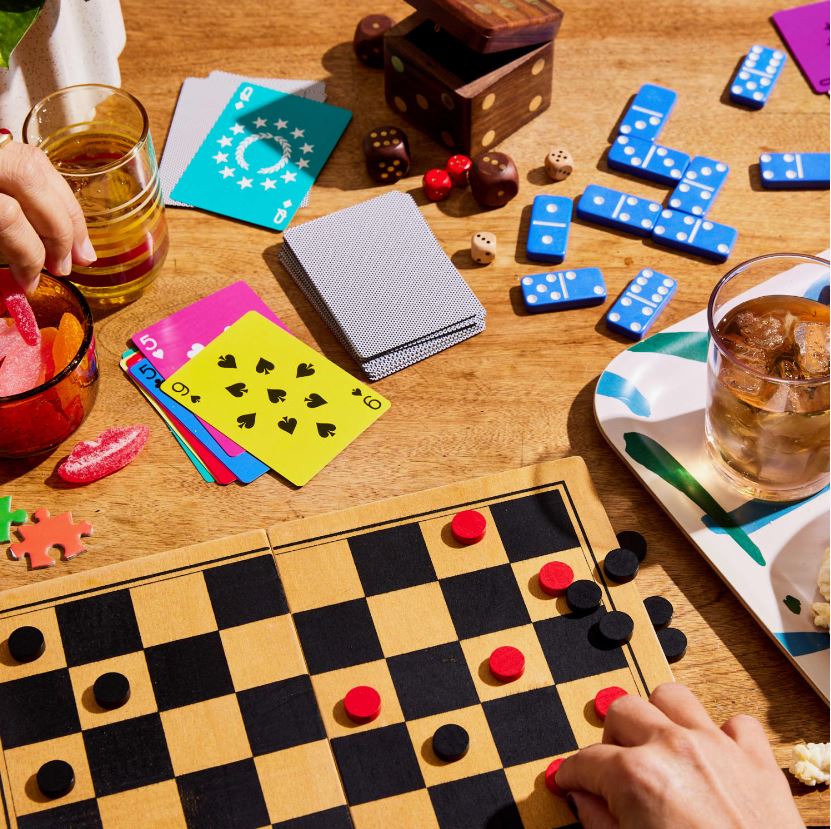
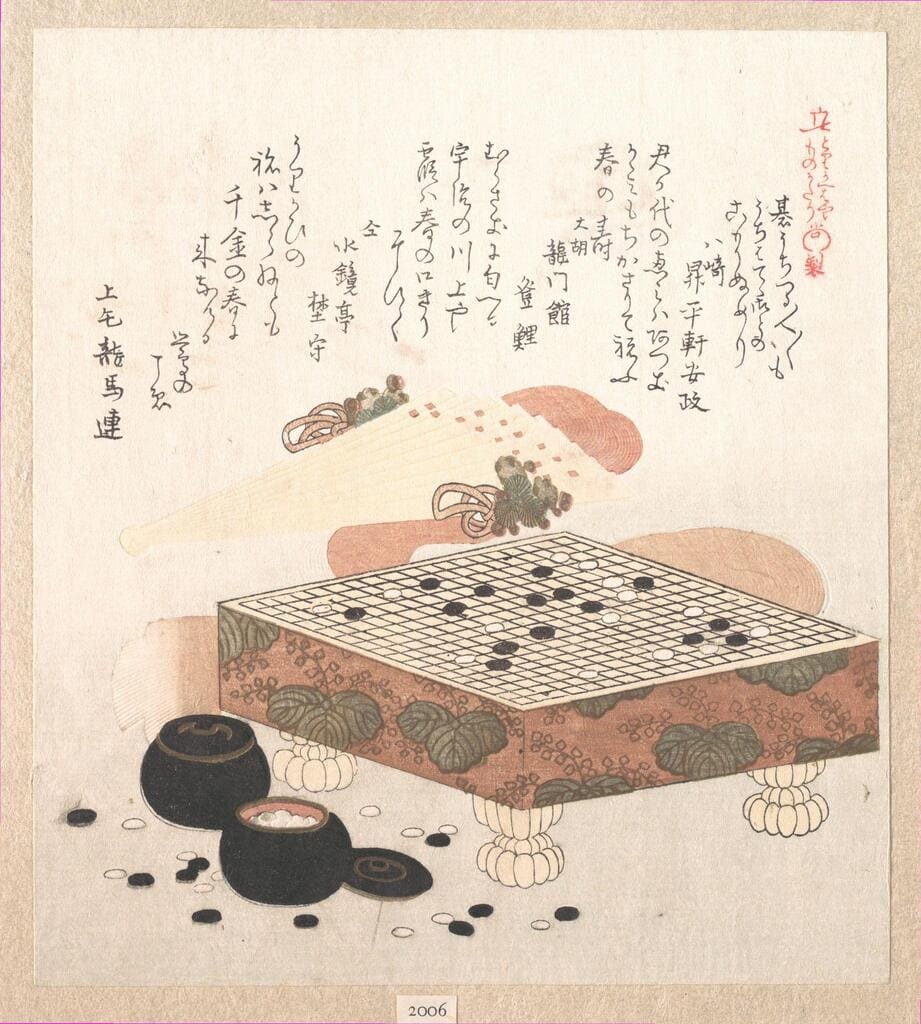
Оставить комментарий